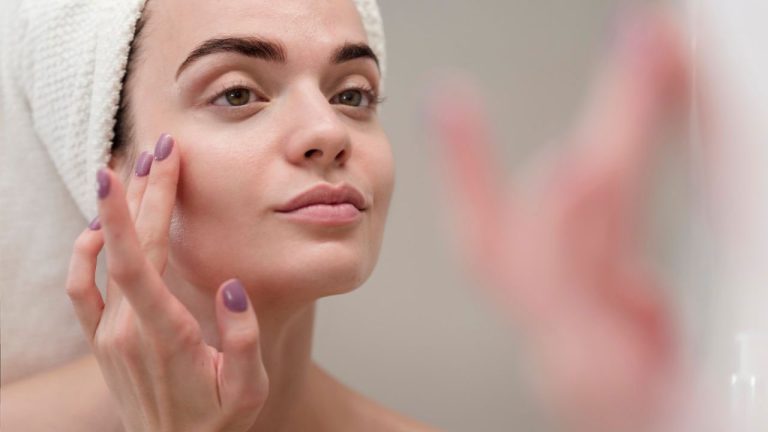
FACE TAPPING FOR SKINCARE: UNLOCKING YOUTHFUL, RADIANT SKIN NATURALLY
Face tapping is an ancient acupressure-inspired technique and is rapidly gaining attention as a holistic skincare approach. This method of gently tapping specific points on

Setting proactive, attainable sustainability goals for your business can be challenging at the best of times. It can be hard to know how to balance radical statements with long-term stability, the environmental with social and the philanthropic with profitable. But that’s nothing compared to now, setting sustainability goals in the aftermath of a global pandemic, when it feels as though every positive path towards change has been thrown dramatically off course.
Yet it’s all the more vital, as the world slowly rebuilds itself and economies attempt to recover, that ethics and sustainability aren’t left by the wayside. After all, what we have witnessed is a vicious circle in which the most vulnerable people, communities, wildlife and biodiversity systems have been hit hardest by the pandemic, which in turn has only deepened those inequalities.
As the United Nations noted in its framework for the immediate socio-economic response to Covid-19: “During the Ebola outbreak in West Africa in 2014, more people died from the interruption of social services and economic breakdown than from the virus itself. This should not have happened, and the world cannot let it happen again.” We can’t go back to ‘business as usual’ when the old system was failing so many.
At the heart of the UN’s response is its Sustainable Development Goals; 17 goals, established in 2015 as “the blueprint to achieve a better and more sustainable future for all” by 2030. The SDGs cover everything from climate change, clean energy and water scarcity to hunger, health, education and equal rights for girls and women. It’s fair to say all 17 SDGs are under threat from the pandemic or its aftershocks, but some far more acutely than others – so it makes sense to reprioritise business objectives with these risk areas in mind.
Goal eight, ‘Promote sustained, inclusive and sustainable economic growth, full and productive employment and decent work for all’, will be all the more difficult in the face of the worst economic recession since the great depression. GDP per capita is expected to decline by 4.2% in 2020, with as many as 400 million job losses in the second quarter of this year. The UN warns that the fallout from Covid-19 threatens to push over 70 million people into extreme poverty.
Those on daily wages with no fixed contracts, the self-employed and migrant workers are among the groups hit hardest in the current situation, so it’s important that any new sustainability goals include support and stability for those groups. If your business objectives don’t already include steps towards tackling poverty, it’s more urgent than ever to address it now.
“Eradicating poverty allows healthier and safer communities to grow alongside sustainable economies,” explains Positive Luxury co-founder Diana Verde Nieto. “After understanding the balance between environmental and social aspects of sustainability, it is crucial for luxury brands to set short and long-term goals to address these.”
“It may be ensuring that all employees in the supply chain are paid fairly by a certain time, or that a health and safety audit is carried out for all supplier sites by a certain time,” she continues. “These goals could be aimed for completion over the next few months, by next year, by 2025 or by 2030, depending on how much work is needed.”
At first glance the environmental outlook might not seem so desperate. Daily global CO2 emissions fell by an estimated 17% in early April, while current estimates for the year’s emissions are 4–7% cent lower than last year. During the early days of lockdown, many people found comfort in the news of improved air quality and water clarity; in images of once-polluted rivers inhabited by wildlife again.
But despite this optimism, longer-term progress towards Goal 13, ‘Take urgent action to combat climate change and its impacts’, could still be in jeopardy. A survey by sustainable business specialist Edie found that just 30% of companies were continuing to invest in sustainability and energy-saving technology during the pandemic. “When business picks up again, there may be increased carbon emissions as brands try to recoup losses,” says Verde Nieto.
Likewise Goal 12, ‘Ensure sustainable consumption and production patterns’, could suffer a huge setback after lockdown, when recycling plants were closed and online ordering led to a rise in packaging consumption in UK households. Not to mention the tricky conflict between hygiene and sustainability, which has seen the world embrace disposable face masks and rubber gloves as part of their everyday wardrobe, just as the fight against single-use plastic was finally going mainstream.
In the face of an immediate health threat, it’s hardly surprising that consumers have put eco-friendly habits on the backburner – but now it’s all the more urgent for companies to take big steps that make up for lost time. This could mean committing to more ambitious targets to reduce plastic waste, or stepping up recycling efforts. With orders cancelled, manufacturing halted and excess stock to shift, many luxury brands are pauding the traditional production schedule and finding new ways to use existing materials instead.
Butterfly Mark Certified Jota-Kena tells us, “Our number one goal for the latter part of 2020 is to sell this stock in keeping with our zero-waste policy. We are thus in the process of altering our business model to incorporate direct-to-consumer, in addition to linking up with other retailers.”
Then there’s Goal 3, ‘Ensure healthy lives and promote well-being for all at all ages’. This feels more urgent than ever as companies take extra steps to safeguard their staff, while also protecting their jobs.
Positive Luxury has a Supplier Code of Conduct in place that specifies all working conditions are safe and hygienic. “It’s crucial to ensure staff are safe in the workplace,” says Verde Nieto. “Brands could consider community investment schemes with suppliers’ employees, to ensure those areas are safe.” But health and wellbeing goes far beyond simply protecting workers from the virus. The Covid-19 death toll has shown us only too clearly how closely linked our health is with our prosperity, and just how vital governments and local services are in protecting society’s poorest and most vulnerable.
Now more than ever, sustainable goals need to consider not just the financially savvy thing to do, but the responsible choice. This includes paying fair taxes on home turf rather than engaging in avoidance schemes, and looking for ways to invest profits back into the workforce and wider community, such as cooperatives or microfinancing projects.
Allowing and facilitating home-working and flexible working to continue post-lockdown is another constructive goal that could have a broader ripple effect – especially for women, who are significantly more likely to be shouldering unpaid care work on top of their jobs. Fewer commutes, smaller offices and less demand for urban workspace are all benefits that could help to reduce carbon emissions. Not to mention Global Workplace Analytics’ estimate that a typical employer can save an average of $11,000 per half-time telecommuter per year.
Finally, if the big picture feels overwhelming, localise your focus to help set the most effective goals. As Mary Martin, senior policy fellow at LSE, told Forbes, “Working at a local level to identify specific needs, capture local knowledge and generate community solutions will improve companies’ standing in the eyes of ordinary people and be fundamental in winning the fight for a happier world and a healthy environment.”
There’s no doubt that Covid-19 has left the global playing field even less level than it was before. But the goalposts remain the same. Now, more than ever, it’s time to set business targets with the long game in mind.
Written by – Lauren Bravo
Jamie Arnold and Melissa Obeid Co-founders of La Fervance – learn about our journey here – https://lafervance.com/about-us/

Face tapping is an ancient acupressure-inspired technique and is rapidly gaining attention as a holistic skincare approach. This method of gently tapping specific points on

At La Fervance, we are passionate about helping you achieve naturally glowing, dewy skin that reflects your inner vitality. We believe that true beauty comes
























login ~login ~login ~login ~login ~login ~login ~login ~login ~login ~login ~
search ~ search ~ search ~ search ~ search ~ search ~ search ~ search ~ search ~ search ~ search ~ search ~ search ~ search ~ search ~ search